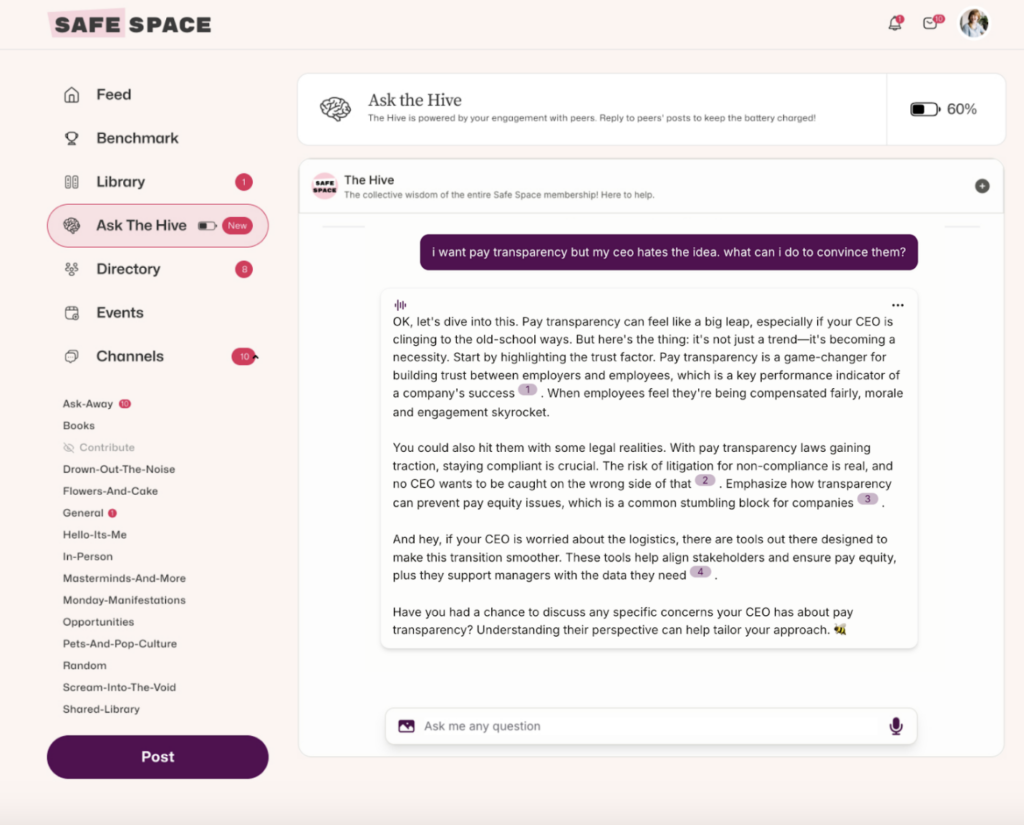
If you’ve been reading I Hate it Here for a while you’ve probably picked up on the fact that I loathe performance management.
So much so that one of my earliest editions was all about how performance management doesn’t actually assess performance.
Despite most People teams knowing that there are issues with performance management, companies have still widely adopted it.
Why?
Tradition.
We’ve been doing some form of performance management for some time. At this point, it’s pretty ingrained in organizations and intertwined with other practices like promotions, merit increases, and manager accountability.
A brief history lesson:
Appraisals can be traced back to WWI and then after WWII (1940s) about 60% of companies were leveraging appraisals. It’s all downhill from here jk jk…
♀️ By the 1950s, a social psychologist Douglas McGregor argued employees should be involved in these assessments and goal setting. How novel!
By the 1960s, GE was separating the appraisal discussion into two: one about accountability the other about growth & development. A reasonable combo.
By the 1970s, inflation was on the rise and the pressure on accountability came so merit pay could be awarded objectively. Be objective!
By the 1980s, Jack Welsh led the way with forced ranking at GE and thus fire your bottom performers was born. ICK so much to unpack there.
➡️ 1980s – now: organizations got flatter, managers struggling with effectively giving growth and development feedback, appraisals linked with rewards like promotions and raises, employees craving and demanding developmental opportunities, and the introduction of AI. Welcome to the hell, I mean to life??
The bottom line: Performance management has gone through many evolutions, we’ve been at it for almost 100 years and yet most companies still struggle in some form or another with effective performance management.
And unfortunately, all this is HR’s problem to solve…
What this means for your tech stack:
If I asked you to power rank your top software needs, would you put a performance management software in your top 3?
JOIN 150K+ HR LEADERS
Get insights, learnings, and advice on how to build companies and cultures that people actually love.
No spam. Unsubscribe any time.
My bet would be yes…
I have yet to meet a founder or CEO who isn’t somewhat obsessed with how employees and teams are “performing.”
Because performance = $$ made for the company.
And that pressure often drives HR leaders to reach quickly for a performance management software to assess team performance.
Not to mention, performance management is tangled in a few big processes like merit increases and promotions. Stay tuned: I have a newsletter coming soon on this!
But having performance management as a staple in your tech stack isn’t the worst thing ever.
Because your performance management software can help you with a very important thing: alignment.
How performance management software can help:

In this scenario, you’re Buffy and I’m Spike.
The biggest impact your performance management software can have?
Securing alignment from employees.
An example: Ever have a day where you think to yourself “why the F is that employee working on something that isn’t critical to the business?” Been there.
Cough it’s because they’re not aligned cough.
If your employees can’t list your organization’s top goals, OKRs, rocks whatever framework you use, you’re in trouble.
A great performance management system centralizes goals in one place and shows how an individual employee’s set goals contribute to the larger organizational goals.
When employees are aligned everyone rows in the same direction and, if I carry this analogy to the end, the team succeeds in crossing the finish line of said rowing race.
Sounds lovely.
But your average performance management system goes beyond just aligning goals. The best performance management softwares will enable:
- Managers AND employees to give feedback on growth, development and goals
- HR to launch the dreaded performance reviews
- HR to calibrate to ensure your processes are equitable
- Automation (the process, feedback, etc)
A lot of the softwares out there are same same but different so here are some of my faves for you to check out:
My love/hate relationship with performance management really stems from the fact that most processes aren’t built well – not from the software that could empower a better process.
Here’s my ask: before running full speed at a performance review process start with building a habit of giving and recieving feedback.
That is the solid foundation you need to take performance management from a hate → a love.
What a time to be alive!
Additional reading: 5 Team Alignment Tactics
What’s next:

Next week’s is another special edition.
Aren’t you lucky???
I’m back with one of my favorite series: things your HR team is thankful for.
Because there’s so much to be thankful for in this job!


